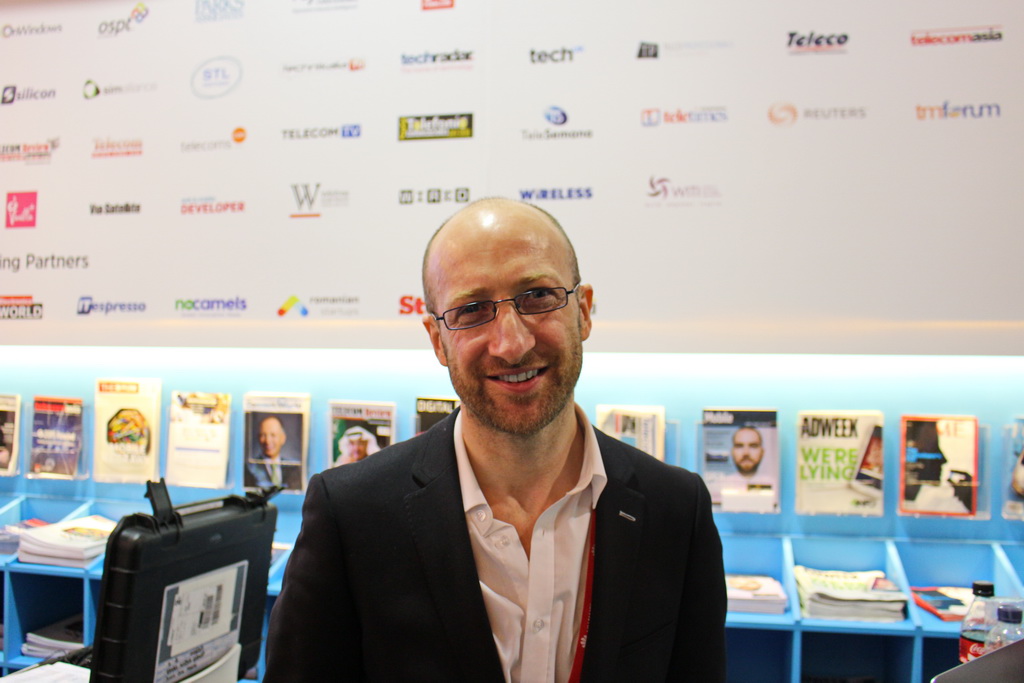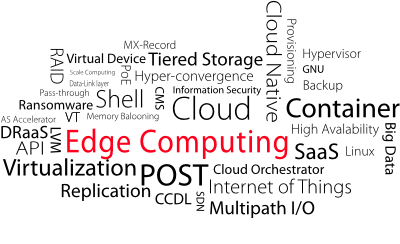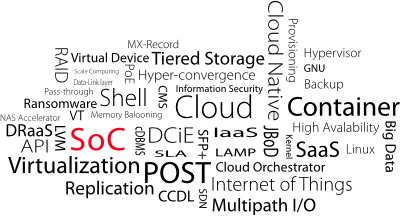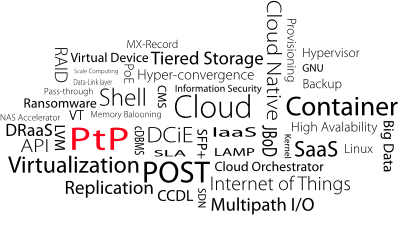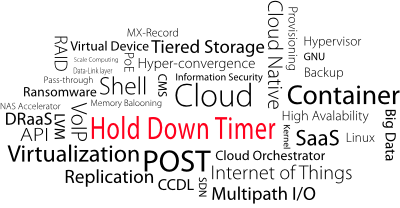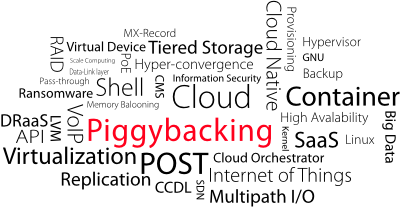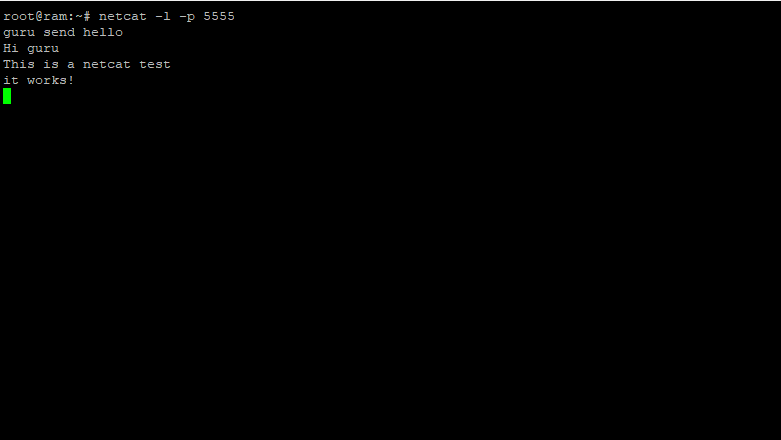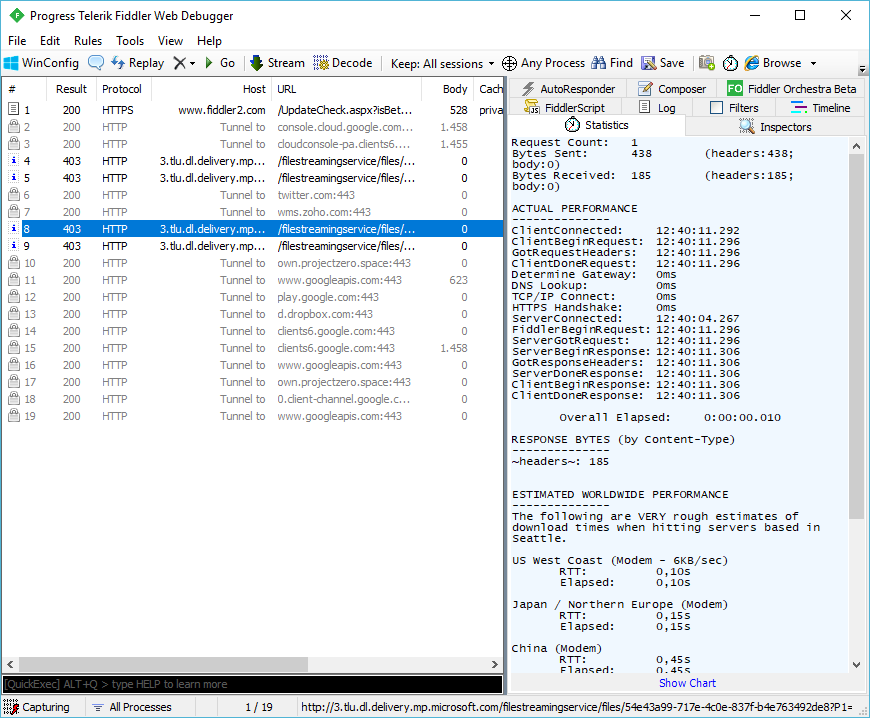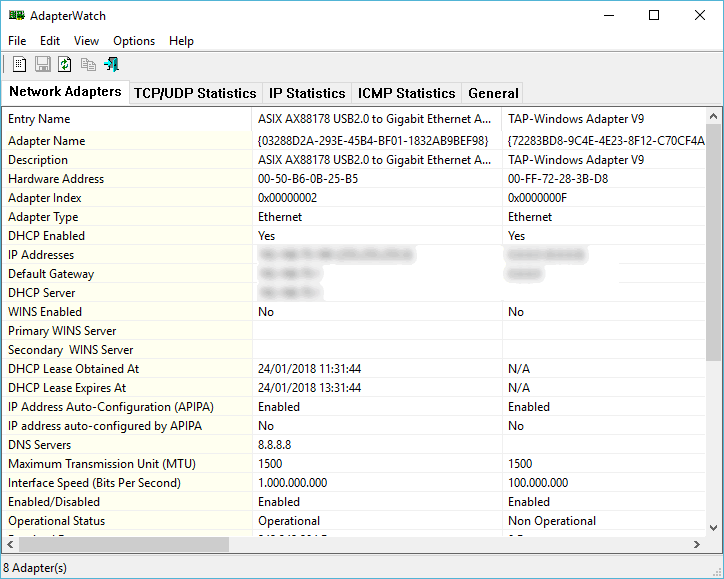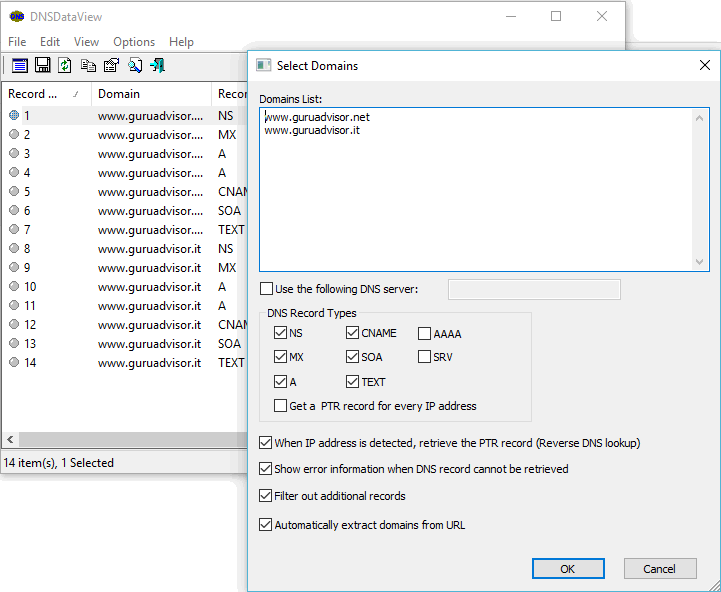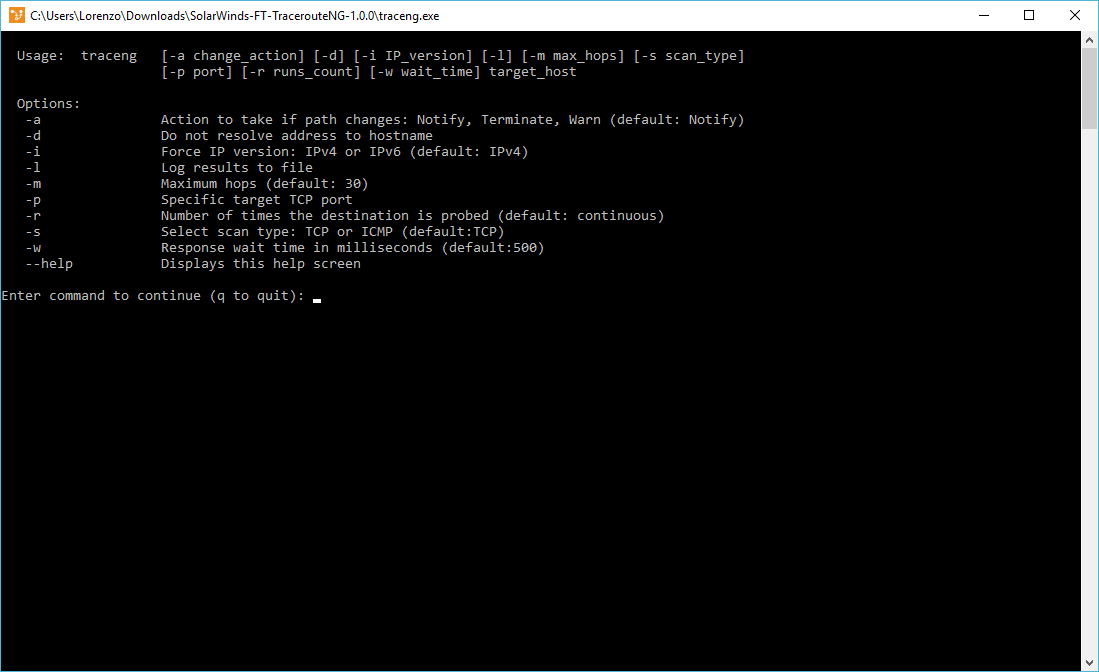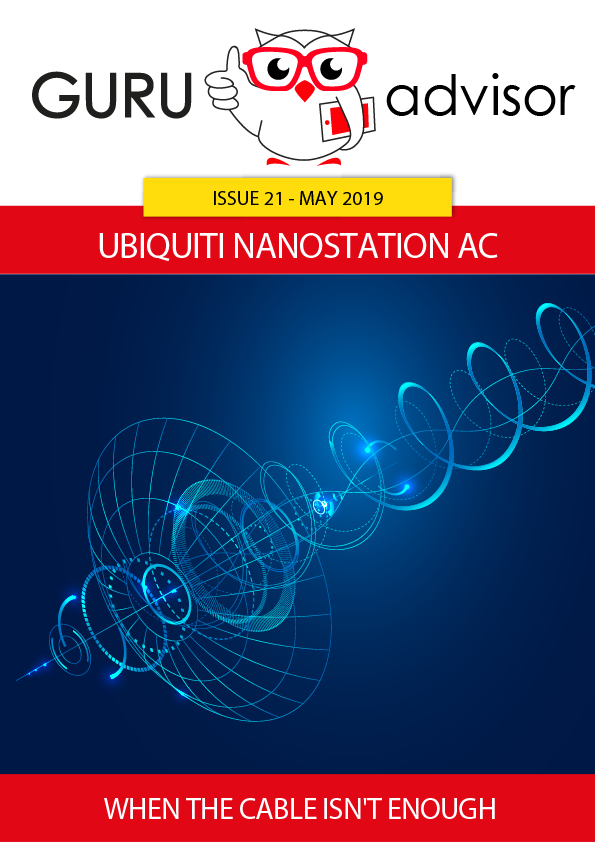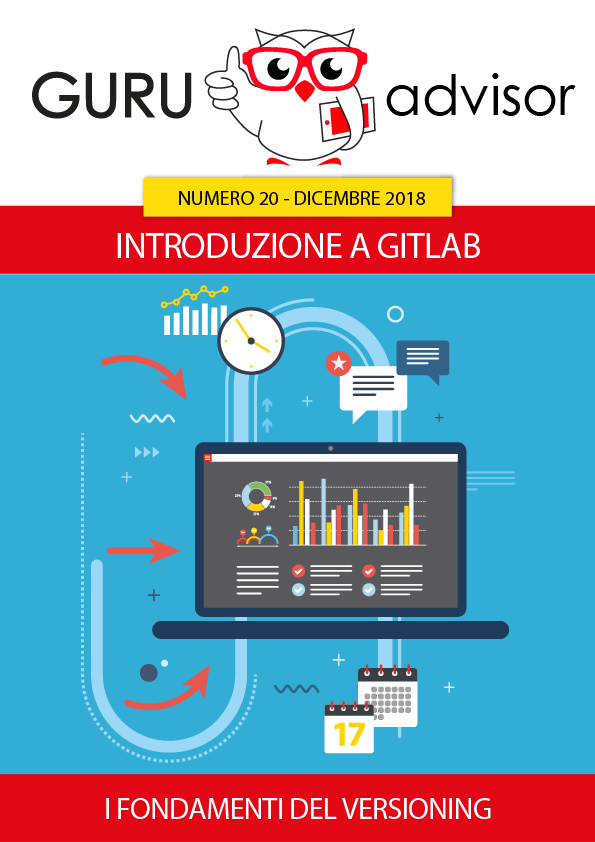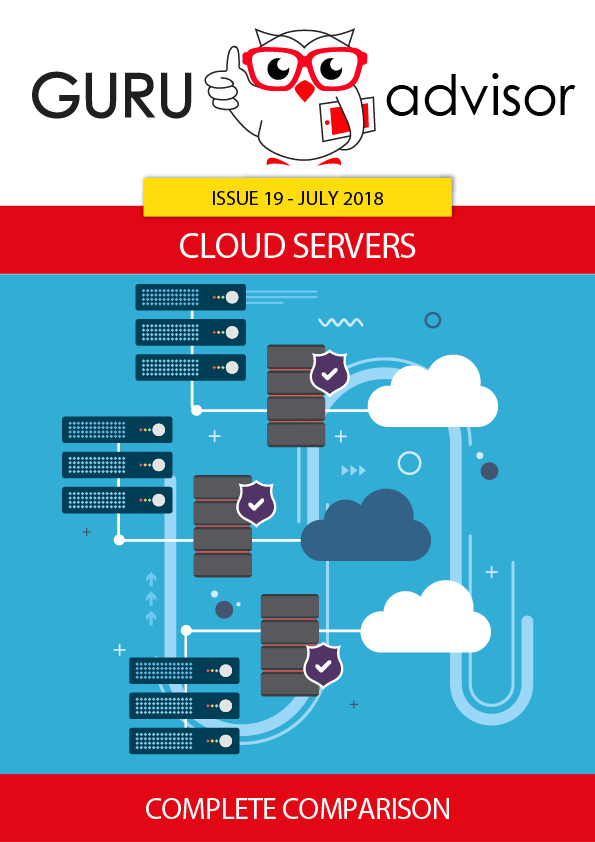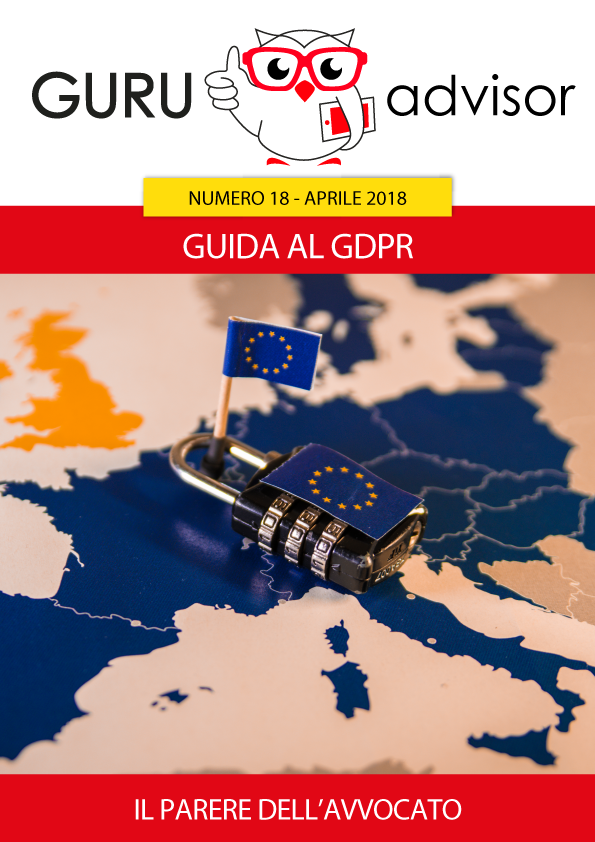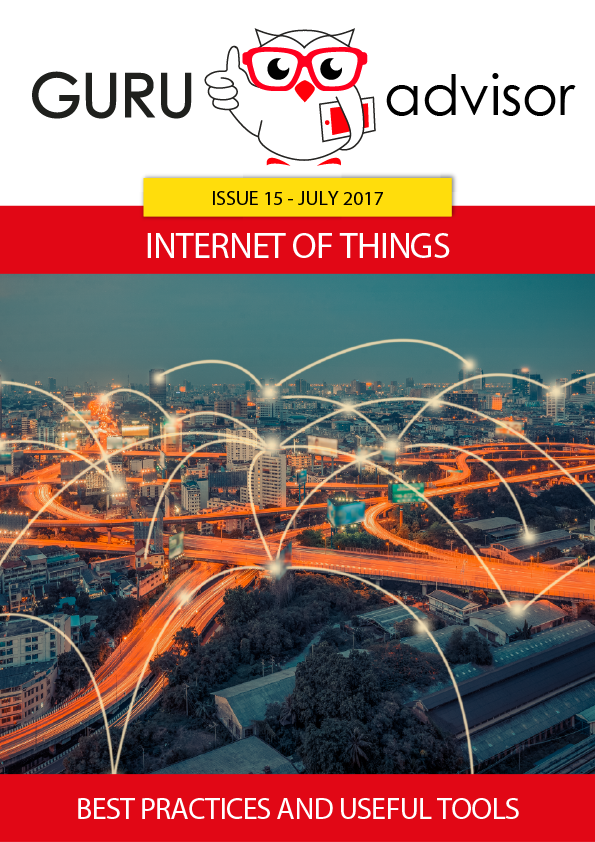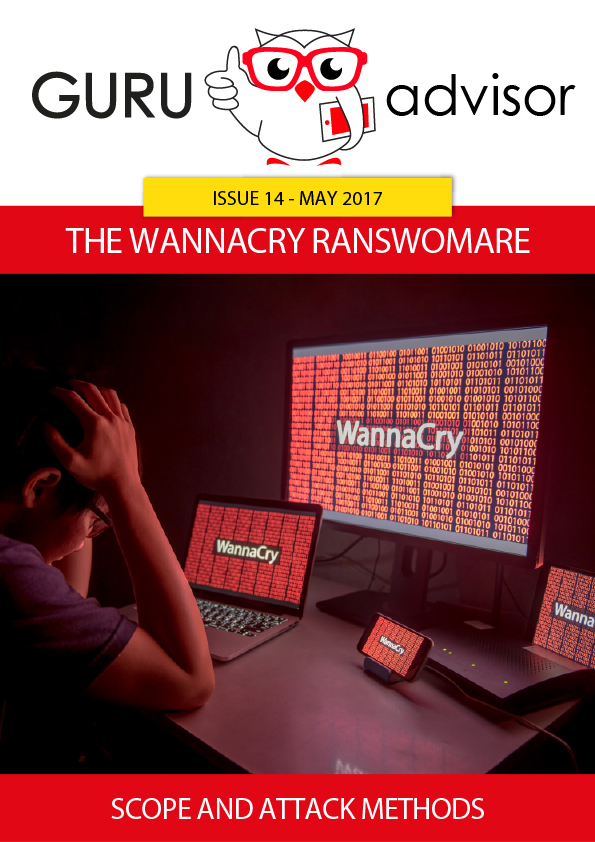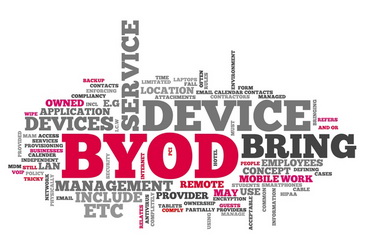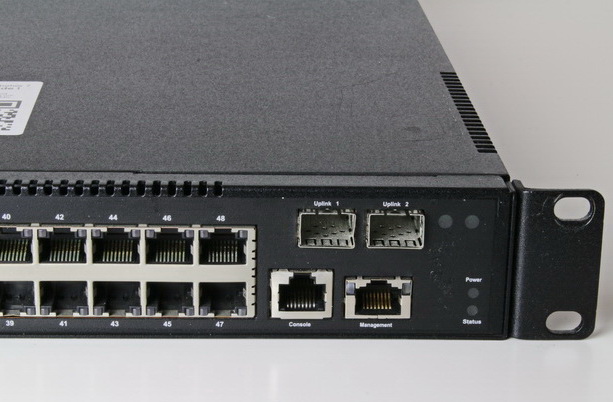No just new products, but also a prolonged and active support
Professor Kevin Curran from IEEE spoked about privacy, cookie law and ransomware.
During MWC we’ve met lots of people that work in a business environment and talked about their company’s vision. We had a pleasant chat with an IT professor, Kevin Curran from Ulster University in Northern Ireland, IEEE senior member, the important organization that takes care of the technological progress with a particular attention to the advantages and benefits that are brought to humanity.
How is your visit to the MWC going? what do you think about the innovations presented here?
There’s a lot of fuss about 5G as the evolution of 4G, despite 4G being not a standard yet. Everybody's talking about Cloud and Internet of Things. All these technologies are important and interesting, but in my opinion there's a lack of attention to standardization and to the support of products that are announced and brought to the market for mere economical reasons.
It’s not a coincidence that one of the themes we’ve covered most in these days is security.
Sure, most companies sell new devices and products without putting due care to provide a prolonged support, to manage security updates that cover businesses and citizens and to prevent devices from being hacked or compromised.
Seen under this light, IoT is really scary: it won’t be “just” your router or PC to be attacked, but dozens of devices between your walls.
With that in mind, what do you think about the European legislation?
For sure there are some improvements, but not always in the right direction. Take for instance the cookie law, I don’t believe it achieved 100% of its goal: it should have limited users tracking, but in the end it brought only dozens of warnings to click without offering the user a real, effective control.
And what about the new European privacy law that will oblige companies to denounce any leak?
This time it’s a law that goes in the right direction. As I said, security will become a more and more important factor and only by discovering all attacks we can work on effective improvements. European and international governments must work to fight the tools and ways criminals use to attack people and companies. At the same time a law should be introduced clearly stating what the support period (from manufacturers) should be, for each device typology. Not just in terms of warranty, but also in terms of patching and updates, in order to guarantee the use in perfect safety even years after the release.
Lastly, what do you think about the evolution of ransomware attacks? Viruses nowadays have a different goals than in the past: making quick and effortless money.
Technological evolution in this field has been very quick, also by leveraging a value like BitCoins that surely must be better regulated because it’s the main channel used by these criminals to get paid. Ransomware will grow more and more in terms of sophistication. Just think about the recent infection that use a Javascript file as an attachment to create a multiplatform disease. Attacks to IoT devices will be even more dangerous in the business scenario, where ransomware attacks are more frequent, because the overall number of hackable devices grows and the collection of data coming from sensors and devices might be even more dangerous.



